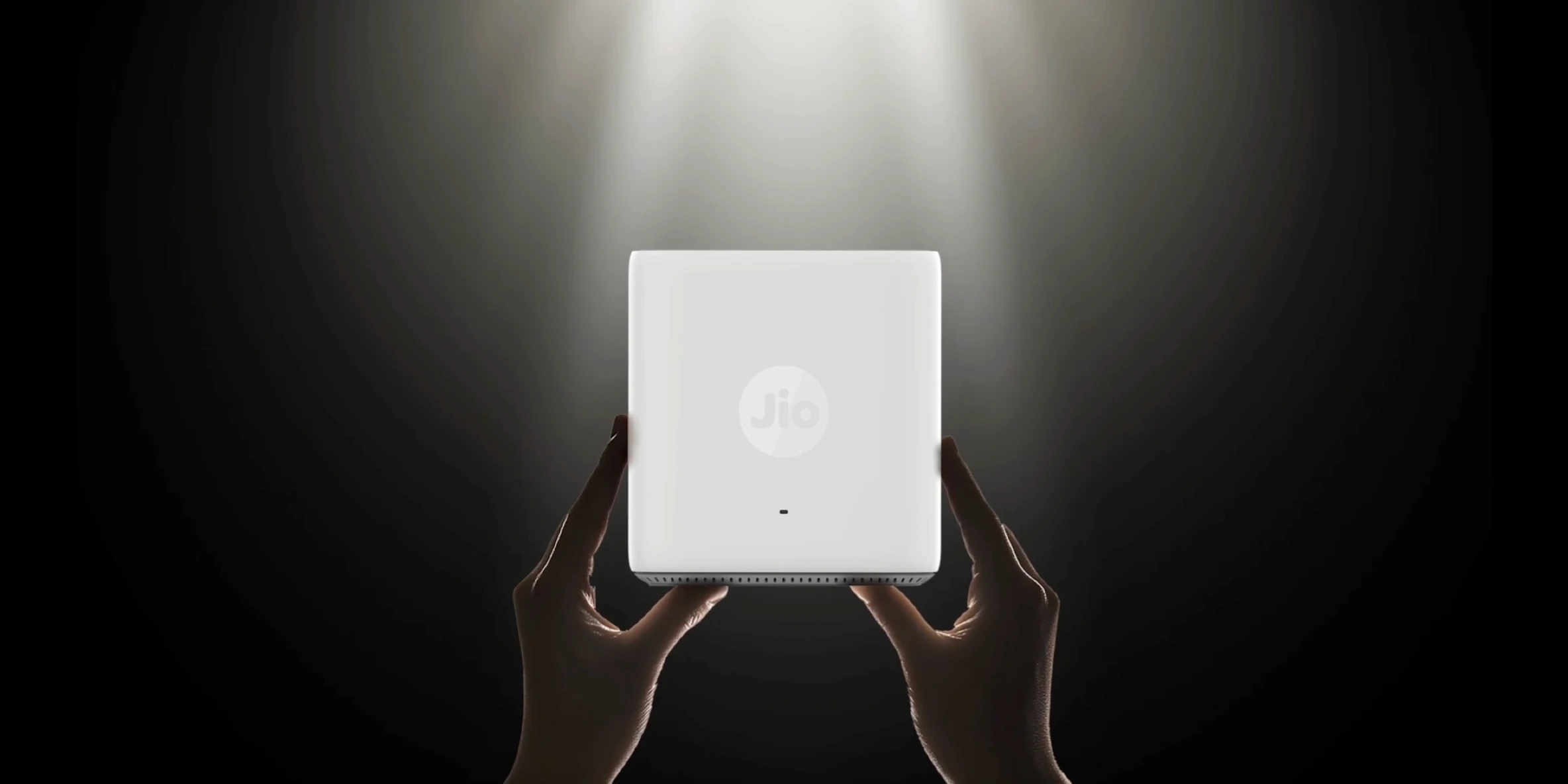Facebook, the global social media giant with billions of users, has officially begun rolling out support for passkeys on its mobile applications, marking a pivotal moment in online security. This move signals a significant step towards a password-free future, promising enhanced protection against prevalent threats like phishing and credential theft. Users on iOS and Android devices can now leverage biometric authentication—such as fingerprint or face scans—or a device PIN to securely log into their accounts, bypassing the need for traditional, often vulnerable, passwords.
Key Takeaways
- Meta has started rolling out passkey support for Facebook on iOS and Android mobile apps.
- Passkeys replace traditional passwords with biometric authentication (fingerprint, face scan) or device PINs.
- This security upgrade significantly reduces the risk of phishing attacks and unauthorized access.
- Passkeys are unique to each login and stored locally on the user’s device, not on Meta’s servers.
- Messenger and Meta Pay will also receive passkey support in the coming months.
- The move aligns Facebook with other tech giants like Google, Apple, and Microsoft in embracing passwordless authentication.
For decades, the password has been the cornerstone of online identity, a string of characters users memorized (or, more often, recycled) to access their digital lives. Yet, this reliance on passwords has also been a persistent Achilles’ heel in cybersecurity. Weak, reused, or easily guessed passwords are a primary vector for account compromises, leading to financial losses, identity theft, and privacy breaches on a massive scale. Phishing attacks, where malicious actors trick users into revealing their credentials through deceptive websites or emails, remain a top threat. In 2023 alone, the financial losses due to online scams, including phishing, ran into billions of dollars globally.
Meta’s introduction of passkeys aims to fundamentally alter this insecure paradigm. Unlike passwords, which are shared secrets susceptible to interception or theft, passkeys are built on public-key cryptography. When a user creates a passkey for their Facebook account, their device generates a unique pair of cryptographic keys: a private key, stored securely on the user’s device, and a public key, registered with Facebook’s servers. During login, Facebook sends a cryptographic challenge that can only be answered by the private key residing on the user’s device. The device then uses the user’s biometric data (fingerprint or facial scan) or PIN to unlock the private key and generate a unique, cryptographically signed response. Facebook’s server verifies this response with the public key, granting access without any password ever being transmitted.
This mechanism inherently renders phishing attempts ineffective. Even if a user were to visit a fake Facebook login page, their device would refuse to authenticate with the incorrect domain, preventing the exposure of credentials. Furthermore, because the private key never leaves the user’s device, it cannot be stolen from a server breach, adding another robust layer of protection. This marks a significant departure from traditional password-based systems where a compromise of a service’s database could expose millions of user credentials.
The Mechanics of a Password-Free Login
Setting up a passkey on Facebook is a straightforward process designed for accessibility. Users navigate to the “Settings” menu within the Facebook app, then proceed to “Password and Security” under “Account Center.” There, a new “Create Passkey” option guides them through using their phone’s built-in security features, such as fingerprint readers, facial recognition (like Face ID on iPhones), or the device’s PIN. Once established, future logins on that mobile device become as simple as a tap or a glance.
This streamlined experience drastically improves user convenience. Gone are the days of forgotten passwords, tedious password resets, or the anxiety of entering credentials on public networks. Industry data already indicates substantial improvements in user experience with passkeys; some platforms report sign-in success rates as high as 98% with passkeys, compared to significantly lower rates for password-based logins, which often involve user errors or forgotten credentials.
Beyond Facebook: A Broader Shift in Digital Identity
Meta’s adoption of passkeys on Facebook is not an isolated event but rather part of a larger industry-wide movement towards passwordless authentication. Major technology companies, including Apple, Google, Microsoft, and Adobe, have been championing passkeys for some time. Google, for instance, made passkeys the default sign-in method for eligible devices on its accounts in 2023. Microsoft, in May 2025, announced that all new Windows accounts would be passwordless by default. WhatsApp, also owned by Meta, already supports passkey logins. The company confirmed that Messenger will receive passkey support in the coming months, followed by Meta Pay, which will leverage passkeys for secure and swift payment authentication. This concerted effort by industry leaders underscores a collective recognition of the limitations of passwords and the imperative to build a more secure digital ecosystem.
The underlying technology driving passkeys is the FIDO (Fast Identity Online) Alliance standards, specifically FIDO2, which combines the W3C’s WebAuthn standard and its Client to Authenticator Protocol 2. Meta is a prominent member of the FIDO Alliance, an open industry association dedicated to reducing the world’s reliance on passwords. The FIDO Alliance’s work focuses on creating open, royalty-free standards for stronger authentication that are inherently more secure and easier to use than traditional passwords.
User Experience and Security: A Dual Advantage
The user-centric design of passkeys addresses several pain points associated with traditional password management. For users, the process of authentication becomes faster and more intuitive, removing the friction of typing complex passwords, especially on mobile devices. For companies, this translates to reduced support costs related to password resets and a lower incidence of account takeovers, which can damage brand reputation and erode user trust.
From a security perspective, passkeys offer resistance to various attack vectors: • Phishing Resistance: As discussed, passkeys are bound to the correct domain, preventing authentication with fraudulent sites. • Credential Stuffing Protection: Since passkeys are unique and device-specific, even if one service’s public key were compromised, it would not allow attackers to gain access to accounts on other services. • Brute-Force Attack Immunity: There is no “password” to guess, eliminating the possibility of attackers trying numerous combinations. • Strong by Design: Passkeys inherently meet strong security requirements, unlike user-created passwords which are often weak.
While the benefits are clear, the transition to passkeys also presents some challenges. One consideration is device synchronization and recovery. Since private keys are stored on individual devices, users need reliable mechanisms to recover access to their accounts if a device is lost or damaged. Major operating systems like iOS and Android offer cloud synchronization of passkeys, allowing users to restore them to new devices. Meta’s broader adoption across its platforms will also play a role in ensuring seamless account recovery processes. Another aspect is user education; while simpler, the concept of a “passwordless” login might require some initial adjustment for users accustomed to traditional methods.
The rollout of passkeys on Facebook is a strong indicator of the industry’s commitment to a passwordless future. While passwords may not disappear entirely overnight, their role as the primary authentication method is clearly diminishing. The increasing sophistication of cyber threats necessitates more robust security measures, and passkeys represent a significant leap forward in this ongoing battle. Meta’s move is poised to accelerate the widespread adoption of passkeys, educating billions of users about a more secure, convenient way to manage their digital identities. This evolution is not just about making logins easier; it’s about building a safer, more resilient internet for everyone. As more platforms embrace this technology, users can look forward to a digital experience where strong security is effortless and inherent, rather than a constant struggle.
Frequently Asked Questions (FAQ)
Q1: What exactly is a passkey?
A passkey is a digital credential that allows you to sign in to websites and apps without a password. It uses cryptographic keys, where a private key stays on your device and a public key is registered with the service. You authenticate using your device’s screen lock, like a fingerprint, face scan, or PIN.
Q2: How do passkeys make my Facebook login more secure than a password?
Passkeys are significantly more secure because they are resistant to phishing, credential stuffing, and brute-force attacks. Unlike passwords, they are not shared secrets that can be intercepted or stolen from servers. The private key remains on your device, making it much harder for attackers to gain unauthorized access.
Q3: Can I use a passkey to log in to Facebook on my computer?
Currently, Meta’s passkey rollout for Facebook is primarily for iOS and Android mobile applications. While the broader industry supports passkeys across various platforms, Facebook’s initial implementation focuses on mobile. You may still need to use your password for desktop logins.
Q4: What happens if I lose my phone with my Facebook passkey?
If you lose your device, you can still recover your Facebook account. Passkeys generated through your device’s operating system (like iOS or Android) often synchronize across your other devices via cloud services. Meta also maintains traditional recovery options. You would typically go through a standard account recovery process, which might involve verifying your identity through email or other linked methods, and then set up a new passkey on a different device.
Q5: Will Messenger and Meta Pay also support passkeys?
Yes, Meta has announced that passkey support will be extended to Messenger in the coming months, allowing users to secure their messages. Meta Pay will also integrate passkeys for faster and more secure payment authentication.
Q6: Do I have to use a passkey for my Facebook account now?
While Meta is strongly encouraging the adoption of passkeys for enhanced security and convenience, it is typically presented as an additional or preferred login option. Traditional password-based logins and other authentication methods are generally still available to ensure users can access their accounts, especially if their device does not yet support passkeys.
Q7: How do I set up a passkey for my Facebook account?
To set up a passkey, open the Facebook app on your iOS or Android device. Go to “Settings,” then “Password and Security” under “Account Center.” Look for the “Create Passkey” option and follow the on-screen prompts, which will guide you to use your device’s biometric authentication (fingerprint, face scan) or PIN.


















